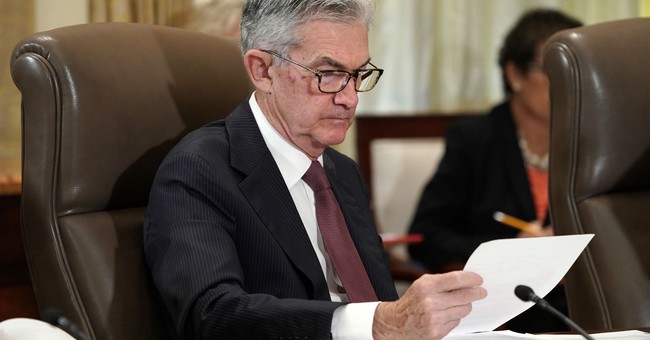
Source: AP Photo/Jacquelyn Martin
The stock market rocketed recently on news that the Federal Reserve may cut interest rates. People speculated that it may do so because of tanking economies in the rest of the world, President Trump’s trade wars, the slowing US economy, and other ideas.
Central banks have used the tools of interest rate changes and open market operations (buying and selling treasuries) for over a century in misguided efforts to boost their economies out of recessions. They get by with it because the process is complicated enough that most people don’t understand it. The general idea is to force feed the economy more money through the tube of the banking system.




